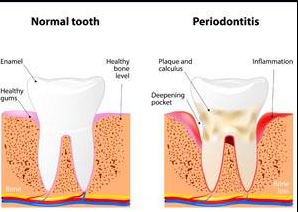What Causes Dry Mouth and How to Treat it
What Causes Dry Mouth and How to Treat it What is Dry Mouth? Dry mouth = xerostomia Hyposalivation = reduced salivation Dry Mouth is defined as not having enough saliva to keep the mouth wet. Saliva is an important factor in your oral health; it protects your teeth from getting cavities and can cause someone to have a difficult time speaking, tasting, swallowing, and chewing food. What Can Cause Dry Mouth Disease Medication side effects Age Mouth breathing, such as using a CPAP at night How to Treat Dry Mouth Talk with your Dentist and Hygienist for help treating dry mouth Oral Rinse Oral Spray Prescription-strength toothpaste Saliva Stimulant Systemic Medication
